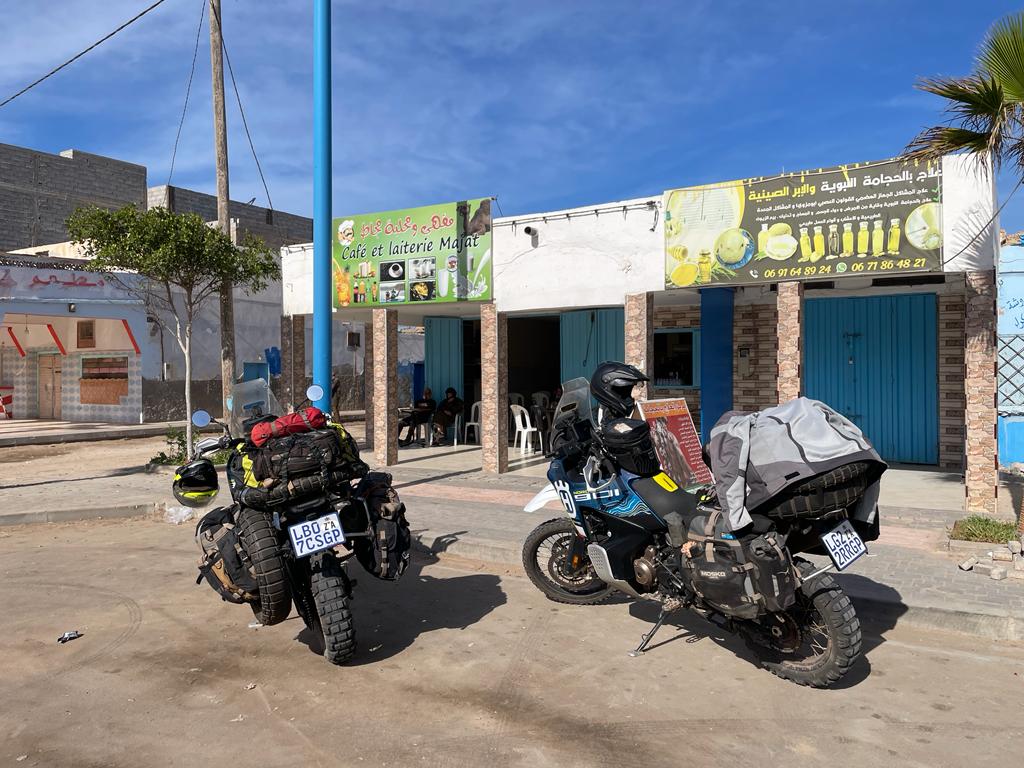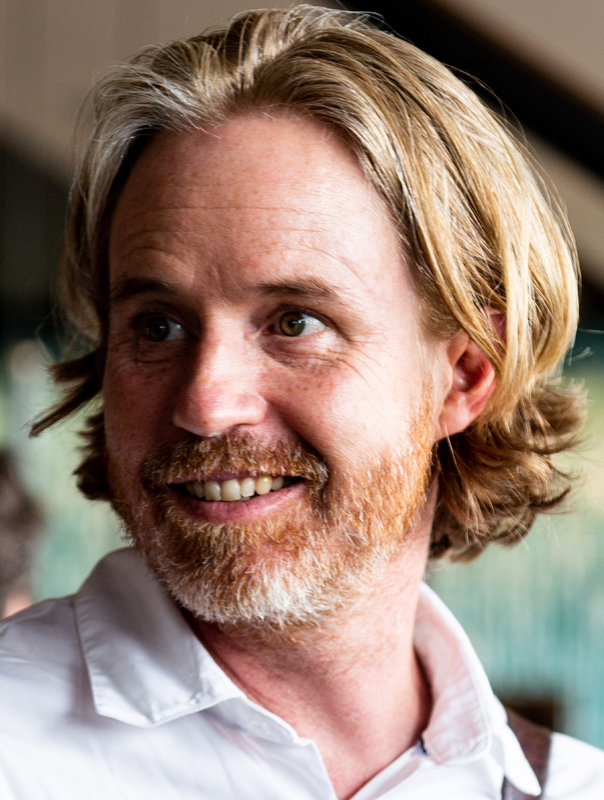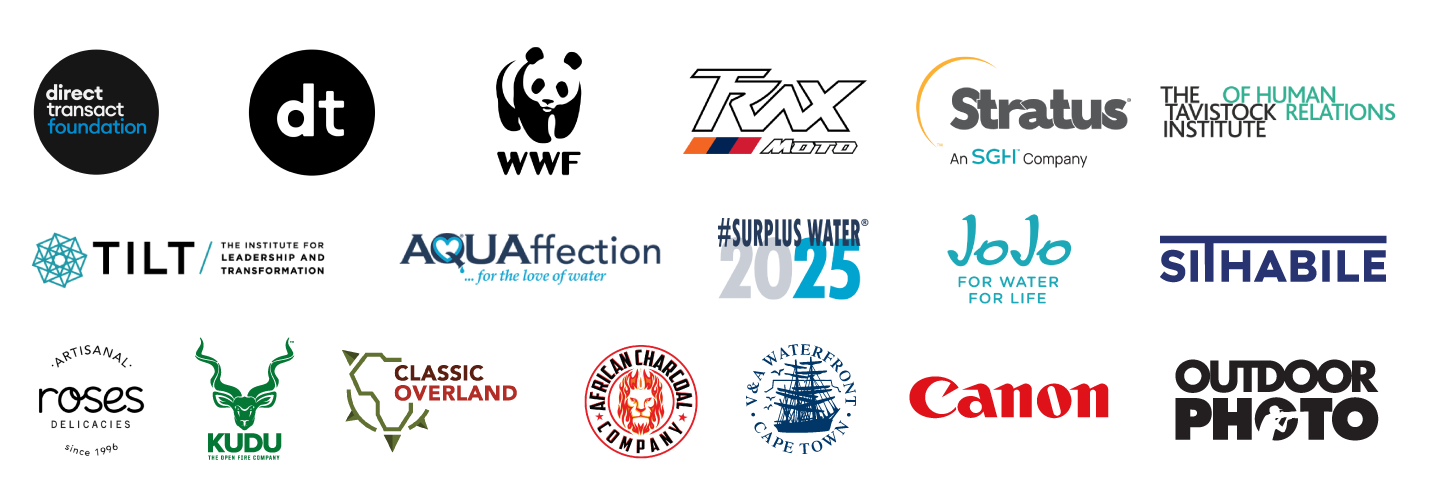|
(English Translation Below)
Dag 72: Laayoune na Sidi Ifni, Morocco Daar is 'n weggestrooptheid aan die woestyn. 'n Naakte eerlikheid. Fieterjasies en aansit en oortolligheid word weggeskroei deur die son en die wind en die skaarskeid aan water. Mens sien dit aan die landksap. Die dorpies volgens oases gevorm. Die eenvoudige lyne van kubus-huisies in rooi-bruin, grys en wit. Vierkantige venstertjies. Rame en deure almal dieselfde koningsblou. Ons is koud en styf gery ná twee ure in onder twintig grade Celcius. Ry 'n dorpie binne. Soek 'n sonkolletjie met koffie. Kry een aan die oorkant van pad. Sukkel om aan die eienaar binne te verduidelik wat ons wil hê. 'n Man op die stoepie buite hoor ons gespartel. Kom vertaal. Toe ons buite in die sonnetjie sit, kom gesels hy 'n paar woorde. Hy's 'n toergids. Soek werk. Hy praat Arabies, Frans, Duits, Engels en Spaans. Hoop om in Angola te kan werk kry sodat hy Portugees kan leer. Is daar dalk werk in Suid-Afrika? Later skuif hy nader, haal 'n papiertjie uit sy sak en skryf 'n paar woorde in Arabies neer met die Engels langsaan. Dankie, asseblief, ja, nee, goeiemôre, goeienaand. Dan groet hy en stap oor die straat. Die barista se seuntjie, seker so dertien, bring die koffie. Dan 'n bietjie melk. Hardloop oor die straat om kleingeld te kry. Gretig om te leer en te werk. Dit alles terwyl 'n man, seker so sewentig, eenkant teen die muur sy koffie sit en drink en die verte in staar. Diep lyne van tyd in die woestyn oor sy gesig. Sy baadjie vuil. Growwe hande. Hy kyk nie na ons nie. Mens kry die gevoel hy het al alles gesien. Hy hoef nie te kyk nie. Hy verstaan. Ons ry verder die eenvoud binne. Elkeen met sy eie gedagtes om te sif en te toets teen die woestyn. Day 72: Laayoune na Sidi Ifni, Morocco There is a starkness to the desert. A naked honesty. All frills and excess are scorched away by the sun, the wind. The scarcity of water. You can see it in the landscape. The villages organised around oases. The simple lines of cube-like houses in red-brown, grey and white. Square windows. Frames and doors all painted the same royal blue. We are cold and stiff after two hours' riding in 15 degrees Celsius. Enter a village. Look for a sunny spot with coffee. Find one across the road. Struggle to explain to the owner inside what we want. A man on the stoep hears us. Comes to translate. As we sit outside in the sunshine, he comes over to chat a few words. He's a tour guide. Looking for work. He speaks Arabic, French, German, English and Spanish. Hopes to find work in Angola so he can learn Portuguese. Is there perhaps work in South Africa? Later, he moves closer, takes a piece of paper from his pocket, and writes a few words in Arabic with English translations. Thank you, please, yes, no, good morning, good evening. Then he says good bye and walks across the street. The barista's son, probably about thirteen, brings the coffee. Then a bit of milk. Runs across the street to get change. Eager to learn and work. All this while a man, probably about seventy, sits against the wall. Sipping his coffee. Staring into the distance. Deep lines of time in the desert etched on his face. His jacket is dirty. His hands rough. He doesn't look at us. But you get the feeling he has seen everything. He doesn't need to look. He understands. We ride further into the simplicity. Each with their own thoughts to sift and test against the desert.
0 Comments
Leave a Reply. |
AuthorThis blog was written by Dr. Jean Cooper. For my work as organisational psychologist, adventurer and writer, go to www.jeanhenrycooper.com |



